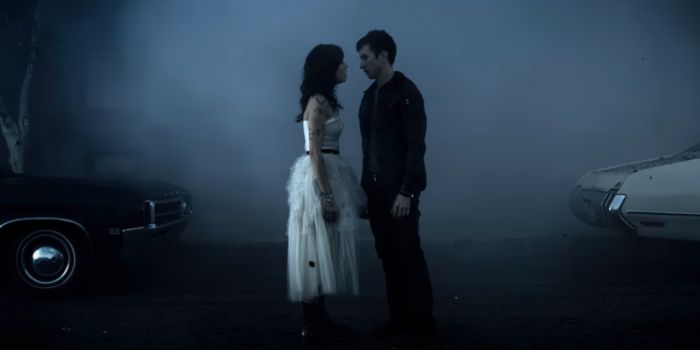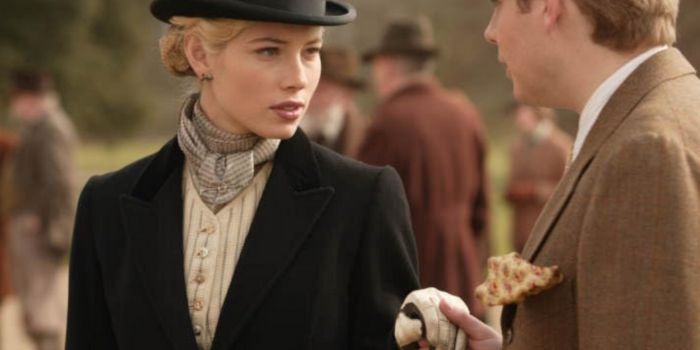There are many common phrases and sayings across the globe, some of which cut across cultural and geographical differences. One such saying is the rhetorical question, ‘who do you think you are?’ Like all things that are very common, this phrase has come to hold space in pop culture.
Usually uttered during a heated moment, ‘who do you think you are’ can have very interesting effects on a conversation. It has also appeared in films, TV shows, and songs. In this article, we cover this phrase and what it means in certain situations.
Analysis Of The Phrase In Popular Songs

One of the more popular expressions of this phrase in pop culture is in music. One of the more popular examples of this is with the Spice Girls. They released ‘Who Do You Think You Are’ as part of their 1996 debut album Spice. It quickly became a hit for the group. Becoming a commercial and critical success. A more recent example of this phrase being the title of a song is from the album for Netflix The School For Good And Evil, performed by Kiana Ledé and Cautious Clay.
There are cases where the phrase is not the title of the song, but is embedded in the song. An example of this is Christina Perri’s song “Jar of Hearts”. In this song, “who do you think you are” is the first line of the chorus and she says it repeatedly throughout the song. Her usage of this line, dares the subject to explain his behaviour which has led to her heartbreak and that of many other women. In Imagine Dragon’s ‘Thunder’ they chant the line once and it somehow lends to the poignancy of the phrase. These are only a few examples of this phrase in music.
Review Of The TV Series ‘Who Do You Think You Are’

The long-running show Who Do You Think You Are, is another spin on this phrase. This time it takes on a historical and genealogical tone. The show, which was originally a British documentary series with a popular American adaptation, involves participants tracing their family tree as far back as possible. This answers the question of people knowing who they are by looking back at the people or things that led to their existence.
The British version of the show has been running since 2004, while the American version kicked off five years later in 2009. Following the show’s success when it was first created, other countries have picked it up, including non-English speaking countries. It primarily features celebrities all tracing their family tree and discovering their ancestors. On the show, there have been very interesting discoveries. Participants sometimes get answers to questions they had for a while or discover things they were completely in the dark about regarding their families.
Psychological Implications Of The Phrase

‘Who do you think you are’ might be rhetorical but it does have the power to trigger thoughts on identities. It can cause the addressed to reflect on themselves and think of their actions in that moment. In some cases, they may struggle to provide answers that are satisfactory for them or the person who asked the question. While in some other situations, they might come up with a sufficient enough answer. This question causes you to think of who you are. It ignites self-reflection. In cases where there might be some failings, this can lead to changes in behaviour or personality.
Another implication of this phrase is the impact it has on self-esteem. This kind of question has a strong impact on how people view themselves. A person who thinks of themselves as lowly might shirk from the question and think they are not a person of worth, further hurting their already damaged sense of esteem. For a person who favours the more extreme high end of their self-image, asking ‘who do you think you are’ will only fan the flames of their inflated egos.
Usage Of The Phrase In Popular Culture

Pop culture is made up of things that are prevalent in society at different times. There are different ways things are introduced to pop culture. One of which is to add it to media and artistic productions, such as songs, films and TV shows. They are spread through these mediums and gain popularity. In film, one of the popular usages of this question is in the 2008 British film Easy Virtue. A character asks another this question. She then goes on to speak about how the person she is addressing can be better behaved.
 Follow Us
Follow Us





